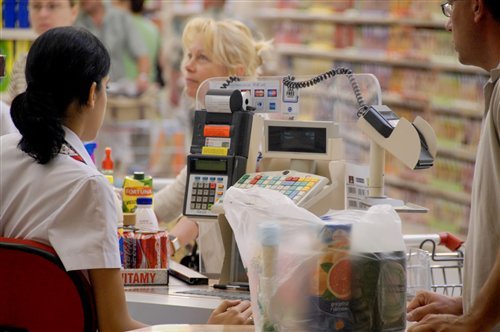
photo - PR
The embargo was put in place as a response to EU sanctions over Moscow’s alleged support for pro-Russian separatist rebels in eastern regions of Ukraine.
An earlier ban on Polish pork has already forced a number of meat processing plants in the Kaliningrad exclave to shut down, and while prices in Russian shops are increasing, the surplus of food in Poland has meant that prices have dropped.
Russians living in the Kaliningrad exclave can visit northern parts of Poland without a visa thanks to a local border traffic agreement signed in 2011. Likewise, Poles living in the vicinity of the border are allowed to cross the border into Kaliningrad.
“Poles go to Kaliningrad for ‘trade tourism’, buying petrol and diesel, while Russians from the exclave come to Poland to purchase groceries, household cleaning products, as well as baby food,” says Tadeusz Baryla from the Centre for Eastern Studies in Olsztyn.
However, border traffic between the exclave and Poland has increased since the Russian embargo was put in place since 7 August.
Spokesman for Polish Customs in Olsztyn, Ryszard Chudy told the PAP news agency that on 2 August, 5,900 Russians crossed the border into Poland under the agreement, while on 9 and 10 August, merely days after the embargo was put into force, 6,600 and 6,200 Russians crossed the border on those respective dates.
Even though Chudy said that the spike in traffic could just be Russian holidaymakers, he adds that the absolute majority of Russians going home do so with some sort of shopping.
“Since the embargo has been put in place the number of Kaliningrad residents crossing the border to Poland will rise,” says Baryla, adding that “the situation on the market will only become worse, so the only way to buy cheaper and better quality goods will be to come to Poland”.
In 2013, some 25 percent of Polish exports to the Kaliningrad exclave were food products. Kaliningrad is dependent on foreign imports, with 70 percent of dairy products, 50 percent of its fruit, 44 percent of vegetables and 40 percent of its poultry coming from abroad. (jb)